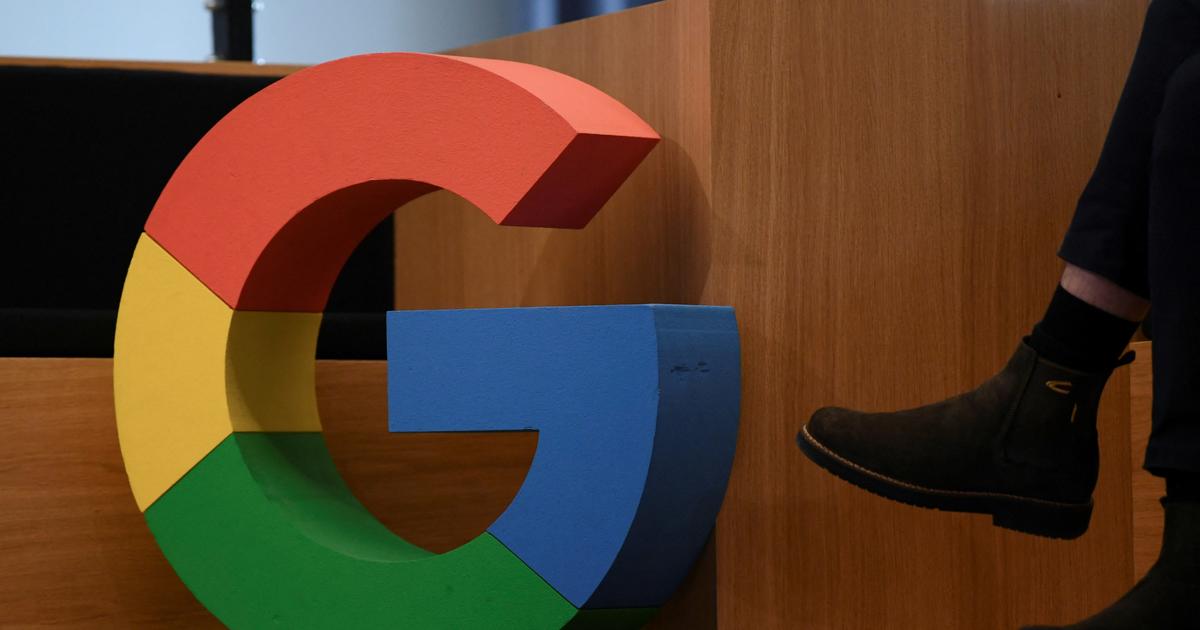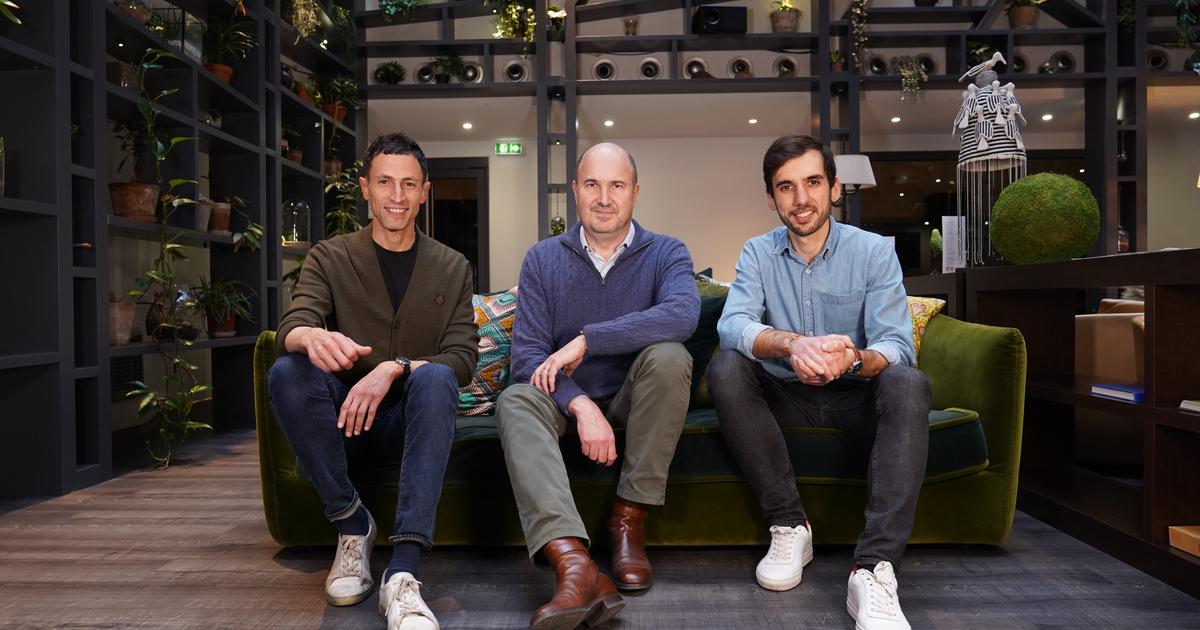Michel Turin is an economic journalist. He has worked for the newspaper Les Échos and Radio Classique . He has just published Start-Up Mania (Calmann-Levy, 2020).
FIGAROVOX.-How do you explain this “start-up mania”, collective hysteria around the start-up model?
Michel TURIN.- Start-ups have become a cult object in France. The creation of start-ups is the dream of an entire generation. The whole country is ecstatic over the spectacular successes of the digital world. The startupper is a mythical hero of modern times. The creation of start-ups is the unsurpassable horizon of the best elements of the great business schools or engineering schools. Entrepreneurship has become the royal road in the contemporary professional world after the excesses of high finance have made the brightest graduates want to make a career in trading rooms or mergers and acquisitions departments major investment banks. Millennials or "digital natives" , belonging to the generation born between 1980 and 2000, the start-up generation, are the children of the Internet and the smartphone (the iPhone appeared in 2007). The development of digital tools has made business creation available to (almost) everyone. It is now enough to bring together a few friends in a small room to create a business, when it was necessary before setting up factories ...
According to you, this phenomenon is fueled by the construction of a mythology, fueled by some famous success stories ?
French Tech is in a state of amazement in front of Silicon Valley. The founders of start-ups have as models Mark Zuckerberg, Steve Jobs, Jeff Bezos or Elon Musk. Like them, they dream of revolutionizing the world and, incidentally, of making a fortune. But we have our own national references. Our business creation stars who box in the same category as their great American colleagues are called Marc Simoncini (Meetic), Jacques-Antoine Granjon (Veepee, ex-Vente Privée), or Xavier Niel (Free).
The mythology of the start up is maintained by a sumptuous "story telling".Our few unicorns, these companies valued more than a billion dollars, the Grail in the world of start-ups, like Blablacar, OVH Cloud or Doctolib, are also powerful engines for our startuppers who hope to imitate them. But these indisputable successes are the tree that hides the forest of terraced start-ups as fast as they have been set up or that vegetate after dazzling departures. The mythology of the start-up is maintained by a sumptuous "story telling" which benefits all those who give their advice interested in startuppers and provide the tools that young companies need. Funding is plentiful and often pays more to those who provide it, remunerated on commission on the amount of capital raised, than to the start-ups themselves which burn "cash" quickly without succeeding in developing a sustainable economic model. The political recovery of the start-up mania goes in the same direction. The discourse on the "start up nation" is an element of language dreamed in the service of a government and a President of the Republic who seek to accredit the idea that a new world has succeeded an old world.
But aren't this mythology, and the ambition of young start-up creators, just a formidable lever for innovation? Economic decision-makers have their eyes riveted on the start-up model ...
I am delighted with you for the extremely sympathetic contribution that the enthusiasm for start-ups brings to our country, which unfortunately remains a country in which the company is still considered as an "enemy" . The rehabilitation of the company and the spirit of enterprise is an extremely positive point. But we remain prisoners of our internal contradictions. How can we imagine, unlike what happens in Silicon Valley, that the fortune possibly brought by the creation of a successful start-up could be a driving force in a country that reinvents the struggle of classes and too often reduces the political debate to the fight of the rich against the others?
Many startupers are only backward students, Tanguy entrepreneurship.You also evoke a psychological explanation: setting up a start-up means delaying entry into the labor market for some time ... in short, a form of prolongation of adolescence?
Many startupers are only backward students, Tanguy entrepreneurship. But if so many young people want to create a start-up, it is not only to stay hosted by their parents or share unlikely roommates and thus push back the deadlines, it is because the creation of a business offers them a diagonally to enter working life compared to the usual routes. Large groups no longer attract talent today.
Millennials no longer want to "lose" their lives by earning them in large companies. They demand accountability from them, they demand that they have values. The younger generations want to give meaning to their professional life. They want to get involved and find that large companies do not provide satisfactory answers to their request for authenticity. They also reject large hyperstructured organizations in which they feel they have no control over their timetable or their professional destiny. The mode of organization or rather of non-organization of the start-up allows them to notice in a very short time the impact of the decision they have taken, while their action will be lost in the hierarchical meanders of a large structure. For these reasons, the large traditional companies are today confronted with real difficulties in recruiting high potentials who deliberately turn to entrepreneurship.
"We see start-ups everywhere, except in economic statistics" : aren't you a little harsh? Digital start-ups represent 6.6 billion euros in turnover, and could create up to 25,000 jobs in 2020!
The statistical tool concerning start-ups is nonexistent. The only figures we have are in the worst case of self-fulfilling prophecies and in the best of overly generous approximations.
The contribution of start-ups in terms of wealth creation and employment remains likely to be marginal anyway.Start-ups go under all the radars… It is also astonishing that in a country which has a statistical tool that the whole world envies us, INSEE not to name it, nothing has been done to that we can finally know what we are talking about when we talk about start-ups. The contribution of start-ups in terms of wealth creation and employment remains likely to be marginal anyway. Start-ups operate in universes that are not large consumers of labor. They will not significantly contribute to reversing the unemployment curve. That said, however small it may be, their contribution is - I agree with you - not to be despised. The fact remains that French Tech does not shift our economy. It did not have a knock-on effect on all sectors of activity. Most start-ups fail very quickly, from the first two years of their existence. When they do not fail, they are bought by large French or foreign groups in which they are immediately melted. They do not contribute to the lasting enrichment of our economic fabric. Our start-ups fail to take the next step and grow: they unfortunately do not become larger companies, mid-size companies (ETI), as they are called, a category of companies that we sorely miss, even though they are at the heart of Germany's industrial success.
To read also: "By dint of glorifying the startup, we forgot what an entrepreneur is"
To the point according to you that we are witnessing the creation of a new economic and financial bubble?
The mechanisms that were at work in the early 2000s when the Internet bubble burst and which are the hallmarks of all the bubbles have become relevant again.
The mania start-up should be more of an astonishing entrepreneurial mode than a systemic upheaval in our economy.Start-ups are evaluated not according to their profits, since they do not earn the slightest money for the vast majority of them, but according to surprising criteria, invented for the needs of the cause, and which authorize all the extravagance. If it is not a speculative bubble, it looks furiously like it… When the start-up bubble bursts, we will have some major technological advances that will have significantly changed our lifestyles and contributed to major progress in a number of fields, especially in the health sector. But the start-up mania should ultimately come more from an astonishing entrepreneurial mode than from a systemic upheaval in our economy.
Should we stop investing massive amounts of public money in young start-ups?
Public money is welcome when it encourages business creation and innovation. But it is in the current state of things very badly used because it is dispersed and thus wasted. It would be better to concentrate efforts on a few large viable projects than to sprinkle aid and credits on thousands of small projects whose chances of success are insignificant. We will in any case - we have to resolve it - never have the equivalent of Amazon, Apple, Microsoft, Facebook or Google. Our GAFA are located in other business sectors than digital ...









